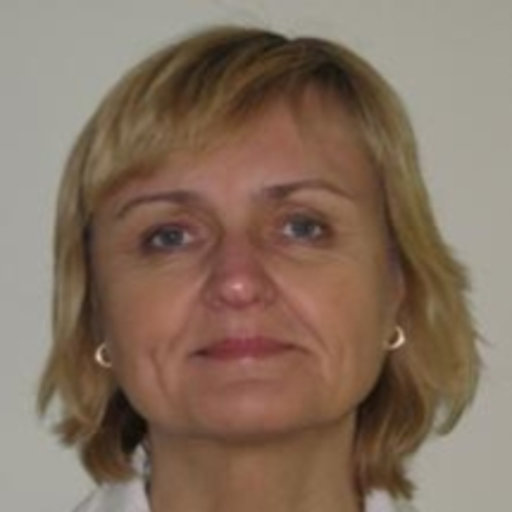The seminar: Post-Soviet Legal Choices 5-Ukraine Lessons Learned and the Future of Law with Judge James Baker was held on on 30 January 2023.
Watch the seminar here: https://www2.helsinki.fi/fi/unitube/video/cfc89af5-f515-4db1-99ea-7c665c74eb8a
The original description of the event:
President Zelensky has said, “lawyers will put an end to this war after the military, after the politicians.” Russia’s war against Ukraine is a battle over territory, but it is also a battle over ideas. Law is one of those ideas. Should and do states observe principles of territorial integrity? Should, and do, states adhere to the Law of Armed Conflict? Should states be free to determine their own destiny, or have that destiny dictated by more powerful states? In this presentation, former U.S. national security official, federal judge, and now professor sets an agenda for looking at some of legal lessons we might derive from Russia’s war against Ukraine addressing, among other topics, United Nations reform, security assurances, and war crimes accountability.
Speakers:
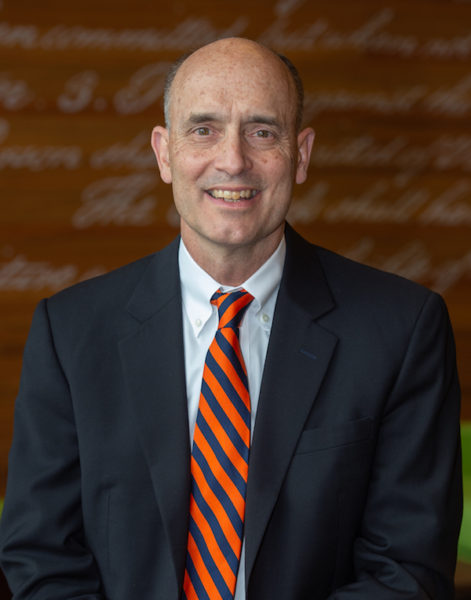
Judge Jamie Baker, Director of the Syracuse University Institute for Security Policy and Law
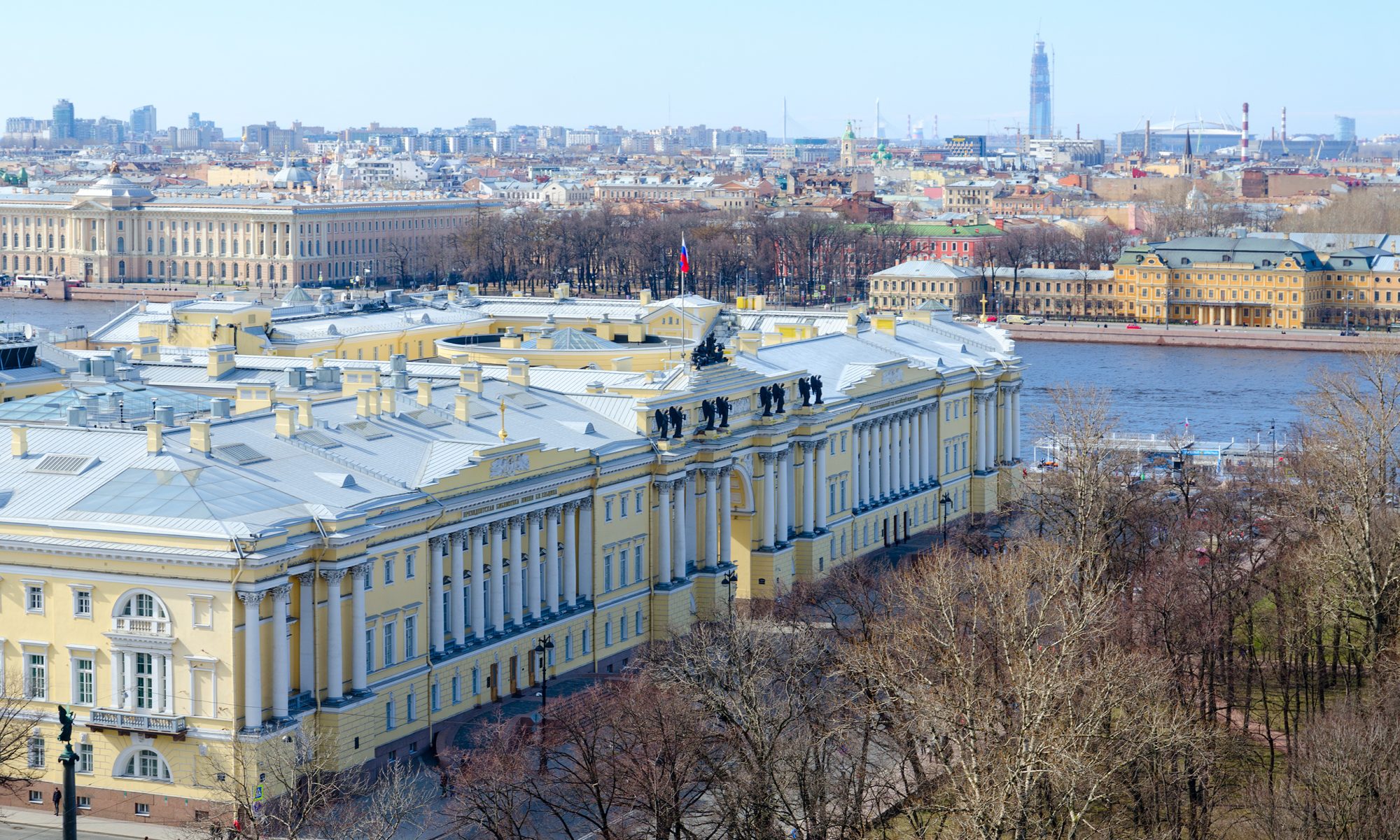








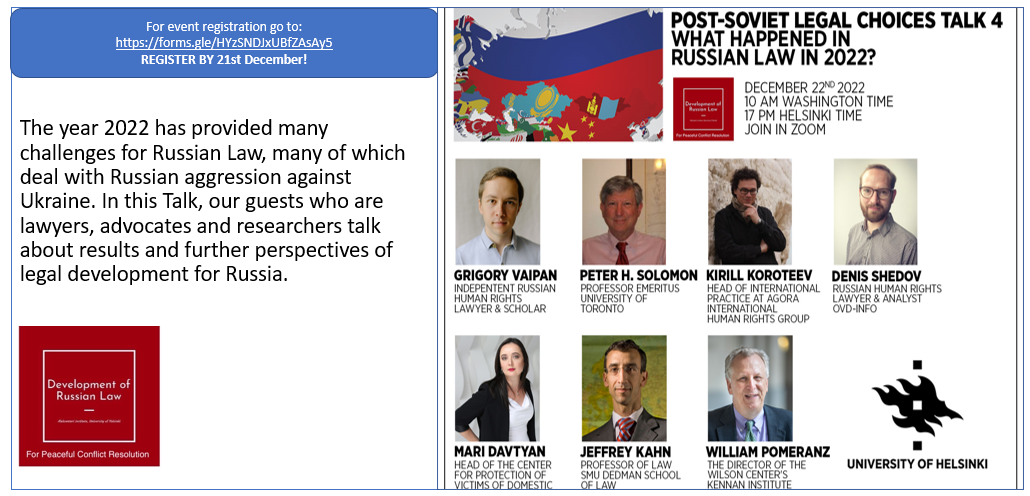

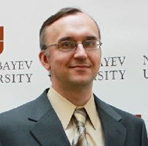
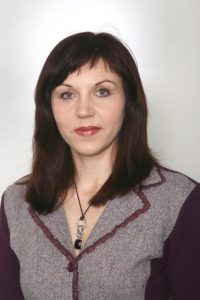
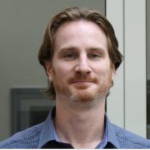
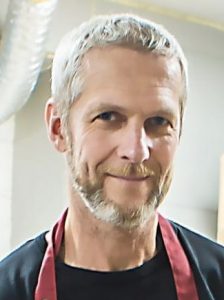


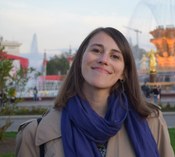

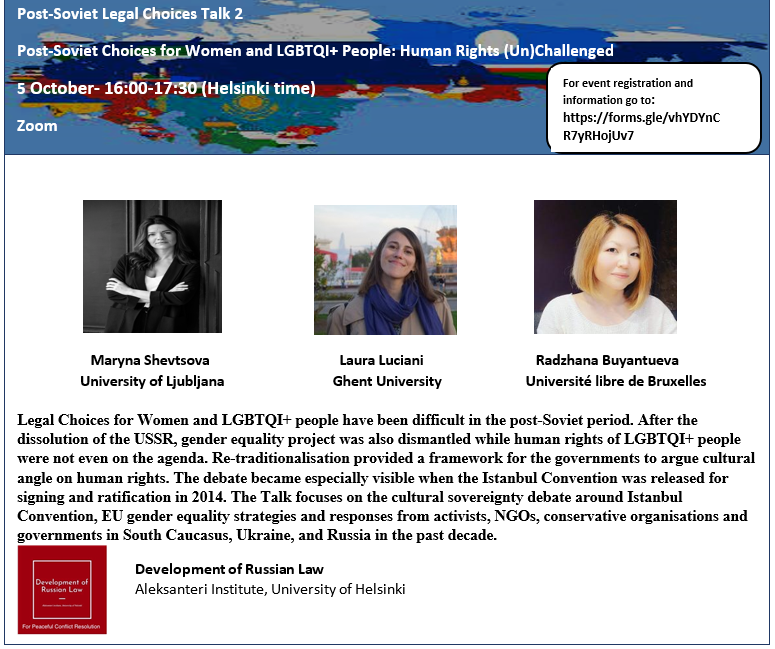 05 October 2022
05 October 2022